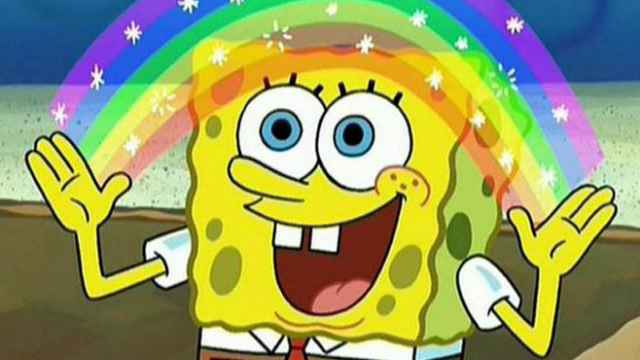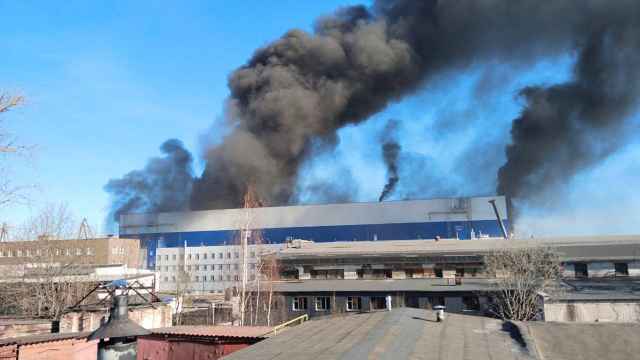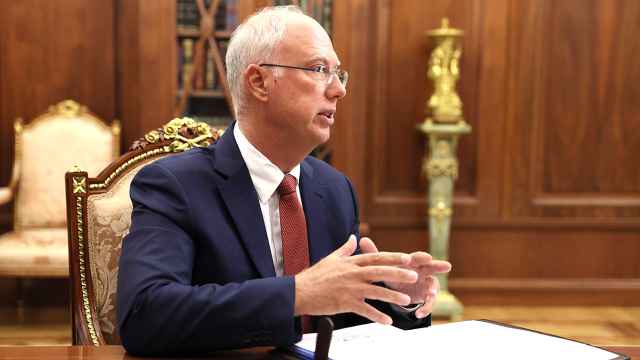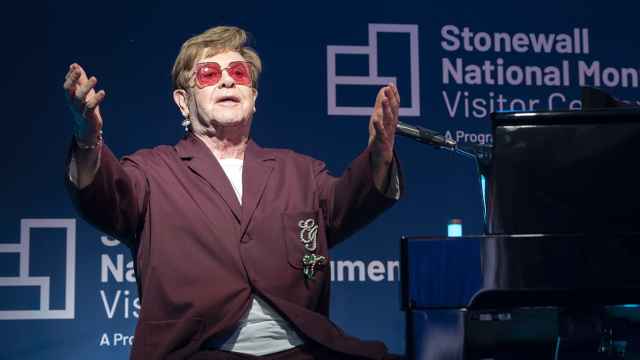Russian President Vladimir Putin visited Kazakhstan on Tuesday to stress the need for close ties between the two countries, a month after he caused alarm in the former Soviet republic by seeming to question its future as an independent state.
During a meeting with counterpart Nursultan Nazarbayev, Putin said Russia and Kazakhstan were "connected historically and today by a thousand threads that unite us and help us develop, supporting each other."
Speaking to young Russians in late August, Putin said Kazakhstan had only become a state under Nazarbayev.
"The Kazakhs had never had statehood," Putin said at the time. "He created it. In this sense he is a unique person for the former Soviet space and for Kazakhstan, too."
His remarks were interpreted as suggesting that Kazakhstan's independence might not survive Nazarbayev, who is 74 and has been president since the fall of the Soviet Union in 1991.
Putin went on to say that most people in Kazakhstan wanted closer relations with Russia and to remain part of the "big Russian world."
Russia justified its annexation of the Crimean Peninsula and support for separatists in eastern Ukraine by saying it has a responsibility to protect ethnic Russians outside Russia. Like Ukraine, Kazakhstan has a large ethnic Russian population.
Putin and Nazarbayev had been counting on Ukraine joining the Eurasian Economic Union, a counterweight to the European Union that they are forming together with Belarus. These plans were spoiled when Ukraine's former pro-Moscow president was ousted in February and the new government decided to sign an economic and political cooperation agreement with the EU instead.
The Ukraine conflict has strained ties between Putin and Nazarbayev, while trade between their two countries has dropped significantly, largely because of the damage caused to the Russian economy by Western sanctions.
Shortly before Putin's remarks in August, Nazarbayev insisted that Kazakhstan wasn't giving up its independence in joining the Russia-centered economic union. He also didn't go along with Moscow in banning food imports from the EU, U.S. and other countries that have imposed sanctions on Russia because of its actions in Ukraine.
A Message from The Moscow Times:
Dear readers,
We are facing unprecedented challenges. Russia's Prosecutor General's Office has designated The Moscow Times as an "undesirable" organization, criminalizing our work and putting our staff at risk of prosecution. This follows our earlier unjust labeling as a "foreign agent."
These actions are direct attempts to silence independent journalism in Russia. The authorities claim our work "discredits the decisions of the Russian leadership." We see things differently: we strive to provide accurate, unbiased reporting on Russia.
We, the journalists of The Moscow Times, refuse to be silenced. But to continue our work, we need your help.
Your support, no matter how small, makes a world of difference. If you can, please support us monthly starting from just $2. It's quick to set up, and every contribution makes a significant impact.
By supporting The Moscow Times, you're defending open, independent journalism in the face of repression. Thank you for standing with us.
Remind me later.





